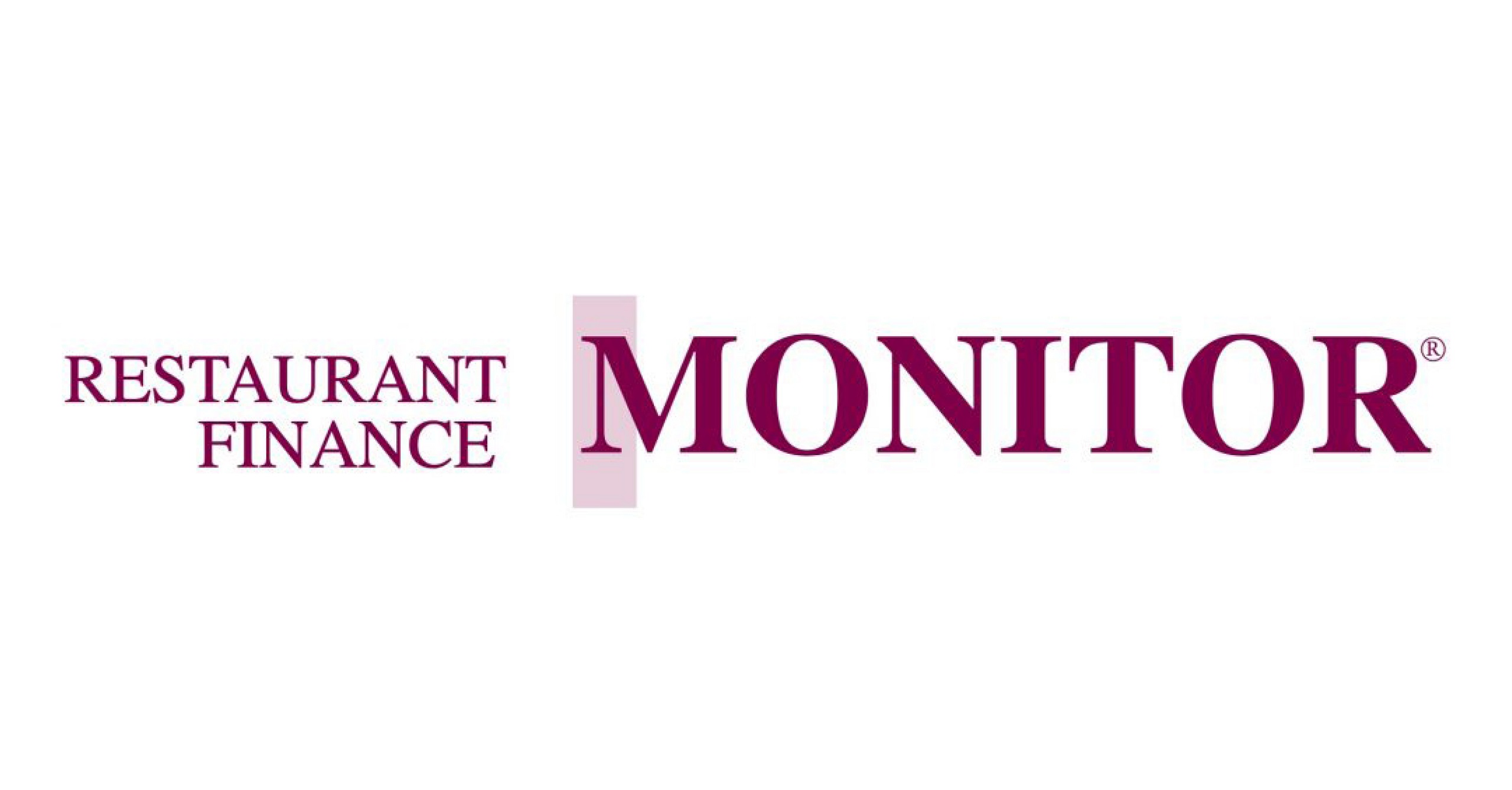The One Big Beautiful Bill provides some extensions of old law and some new items that especially help the restaurant community. Here are some of the key provisions:
Section 168 Bonus Depreciation Deduction
The restaurant industry has always benefited from liberal depreciation rules, and the opportunities in the new Act are no exception. The first is reinstatement of Section 168. For businesses purchasing qualified property (tangible, non-real-estate property) after January 10, 2025, the Act reinstates the 100% bonus depreciation deduction, with no phase-out for 2025—a deduction which was supposed to sunset. The bonus depreciation deduction must be claimed in the taxable year in which the taxpayer begins using the property.
Section 179 Expense Deduction
We now have an enhanced Section 179 expense deduction. Although it has some requirements, it’s a huge deduction.
The Act increases the maximum amount a business can take for an expense deduction. Cost segregation is critical to take advantage of this deduction. Capital equipment or building improvements used in a business, such as machinery, computer software and certain improvements to non-residential buildings, can be immediately expensed. Both new and used property qualify as long as the property is new to the business and is used more than 50% for business purposes. The property must be placed in service during the same tax year the deduction is claimed. The maximum deduction limit has been raised to $2.5 million (adjusted for inflation), providing businesses with both greater liquidity and lower tax liability. Once a $4 million threshold is reached, the deduction begins to phase out dollar for dollar, and phases out entirely once total purchases reach $6.5 million.
Research and Experimental Expense Deduction
In the past we had a credit for research and development, but it was sometimes overlooked that a lot is spent on R&D, especially for franchisors. The Act adds new Section 174A, Research and Experimental (R&E) Expenditures. After December 31, 2024, through 2029, R&E may be immediately expensed. Amortization for more than five years is no longer required. Even better, certain businesses with revenue under $31 million may elect to retroactively write off domestic R&E expenditures that were paid or incurred in taxable years beginning after December 31, 2021, which could result in refunds once amended tax returns have been filed.
Qualified Small Business Stock Gain Exclusions
The Act expands the opportunity to invest in Qualified Business Stock (QSBS) of a domestic C corporation conducting an active business. Non-corporate investors in corporate start-ups will have earlier access to capital gain exclusions and higher exclusion amounts. New businesses should consider organizing as C corporations.
Investors in qualified C corporations have long had a 100% exclusion from capital gain upon sale of QSBS after a five-year holding period if the stock was acquired by the taxpayer/investor at its original issuance and if, immediately after the issuance, the adjusted basis of the corporation’s gross assets did not exceed an asset cap of $50 million in gross assets. After July 4, 2025, the gross asset cap is increased to $75 million (adjusted for inflation after 2026), meaning more businesses will qualify. The baseline gain exclusion is now increased to $15 million, to be adjusted for inflation. This increase will attract more investors, including venture capital funds.
Under the Act, in addition to the five-year holding period, stock held for three years receives a 50% gain exclusion and if held for four years receives a 75% gain exclusion. The shorter holding periods allow greater flexibility to investors, and for purchasers such as private equity firms that may hold businesses for fewer than five years.
Qualified Opportunity Zone Benefits for Investors
The Act calls for creation of new Opportunity Zones on a rolling 10-year schedule for investment after 2027, when the zones created in 2017 expire.
Section 199A Qualified Business Income Deduction for Certain Business Owners
Always remember to take advantage of Section 199A, which permits qualified business owners, including individuals, estates and trusts, to deduct up to 20% of qualified business income from certain pass-through entities, including sole proprietorships, partnerships (including LLCs), S corporations and some trusts and estates, as well as rental real estate treated as a qualified business. The deductions phase out as the taxpayer’s income exceeds certain thresholds.
Temporary Increase in State and Local Income Tax Deduction Limit
The cap on State and Local Tax (SALT) deductions is now increased to $40,000 per taxpayer, with 1% annual increases for 2026 through 2029. The deduction phases out by 30% for married taxpayers filing jointly who make more than $500,000. In 2030, the cap will revert to $10,000 per taxpayer. For closely held business owners that have source-income from states imposing a state-level income tax, the Pass Through Entity Tax statute may provide a better, and easier, option for reducing SALT.
Tax Deduction for Tip Compensation
Until 2029, taxpayers can take an above-the-line deduction for up to $25,000 of qualified tips, with a phase out when a taxpayer’s modified AGI exceeds $150,000. Both employees and independent contractors may take the deduction. The tips must be cash, given voluntarily, so it is doubtful restaurant-imposed service charges are deductible. Employers must still withhold payroll taxes, and must report qualified tips on W-2 forms. Under transition rules, employers can estimate tips that must be reported, using a reasonable method to be specified by the Treasury Secretary.
Tax Deduction for Overtime Compensation
Taxpayers may deduct up to $12,500 in qualified overtime pay. The deduction phases out once income reaches $150,000 for single filers or $300,000 for joint filers. Only compensation paid in excess of regular pay is deductible. Overtime pay that is required under state law, but not under federal law, is not deductible. Employers must report qualified overtime on employees’ W-2 forms and submit additional information returns. Estimated overtime can be reported during the transition.
Given these opportunities for restaurant businesses and owners, I would emphasize your ability to make substantial capital improvements now and get direct write-offs. There are also some long-term plays with the QSBS and Opportunity Zones, allowing investment for the long term and then wipe out capital gain. We have enhanced tax breaks for business owners. Finally, the Act creates tax benefits uniquely advantageous to employees—the above-the-line deductions for tip and overtime compensation. All big and all beautiful.
Special thanks to MMB tax and estate planning attorney Natalie Roberts for her input on this article.
From the October 2025 issue of Restaurant Finance Monitor
Author
-

Co-founder and chairman of Monroe Moxness Berg PA, Dennis is a pioneer in corporate financing with a broad network of finance contacts and clients. He assists businesses, from emerging companies to multinational firms, by providing creative ideas, identifying unique financing sources, and developing the financial tools necessary for their growth and development.
